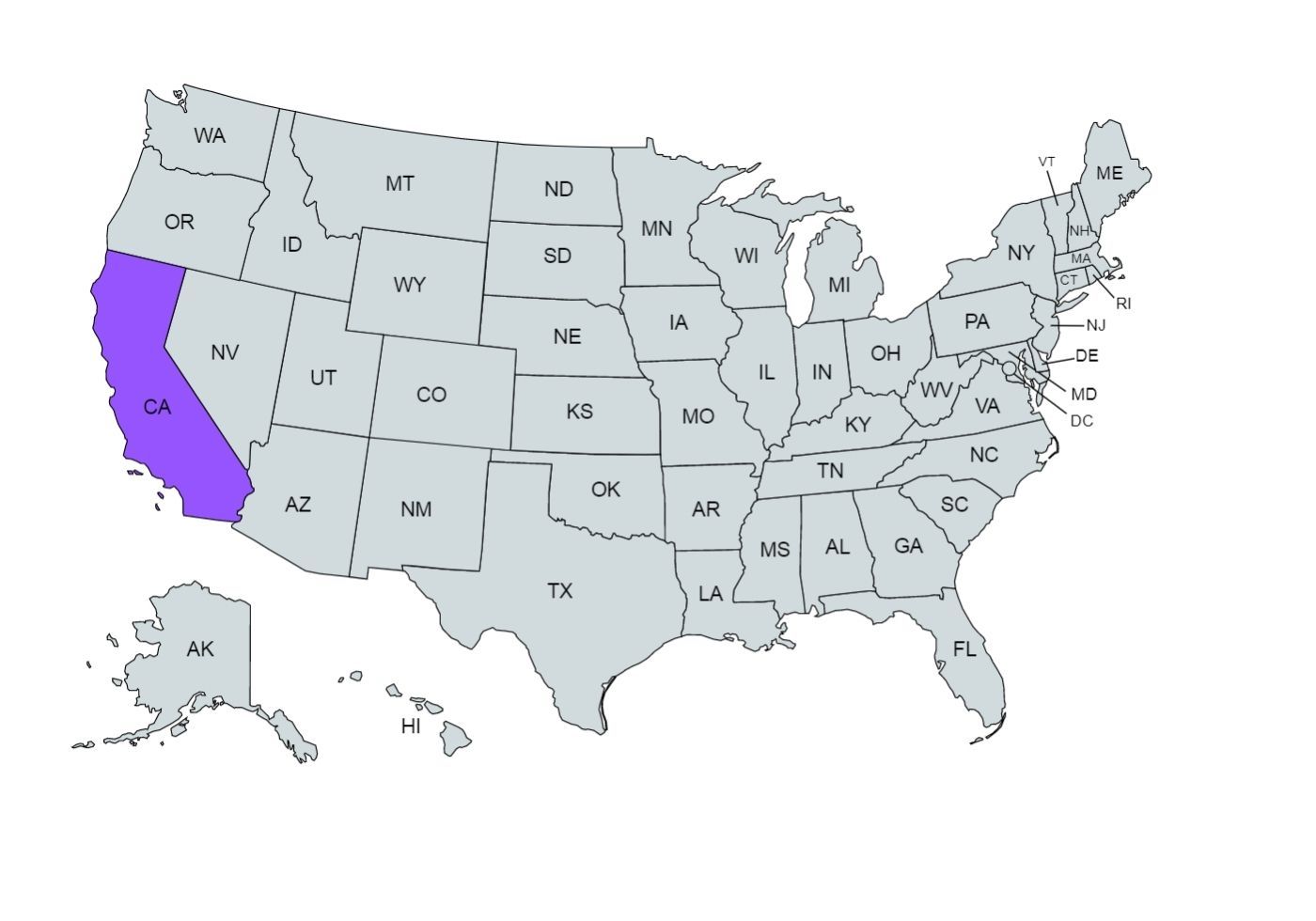California Paycheck Calculator: Calculate Your Take Home Pay
If you’re wondering, “How do I figure out how much money I take home in California?” we’ve got you covered.
Use our simple paycheck calculator to estimate your net or “take home” pay after taxes, as an hourly or salaried employee in California.
California Paycheck Calculator
Meanwhile, get ahead with our free resources:
How Does the Paycheck Calculator Work?
Input your salary information, such as wage and pay frequency, and our tool will handle the tax calculations for you. Once you’ve filled in all the information, click the “Calculate Tax” button, and the calculator will provide an estimate of your net or “take home” pay for the specified pay period.
Overview of California Taxes

While California's income tax rates are progressive and can range from 1.00% to 13.30%, the state also offers various deductions, exemptions, and tax rates for different types of income and supplemental wages.
The top 13.3% rate applies to incomes over $1 million for individuals and $2 million for joint filers, including a 1% mental health services tax.
Even though, your job might offer an hourly wage or annual salary, your actual take-home pay in California is influenced by tax withholdings before your employer pays you.
Besides taxes, contributions to insurance and retirement can also affect your final paycheck.
Your employer will take 6.2% for Social Security and 1.45% for Medicare. Any earnings above $200,000 trigger a 0.9% Medicare surtax. If you are a self-employed individual, you will pay a total of 15.3% in self-employment tax.
Marital status, pay frequency, and deductions contribute to your paycheck's size. Contributions to health insurance or retirement accounts like a 401(k) or HSA are deducted before reaching your bank account.
While California's income taxes are high, property tax rates are relatively lower. The state doesn't impose city income taxes, and sales tax varies by location. Disability insurance deductions are mandatory, offering protection against earnings loss due to disability.
California's tax system is characterized by its progressive income tax rates, various deductions and contributions that can impact your paycheck.
Median Household Income in California
Salary in each state is typically based off the cost of living. While salaries vary widely based on position, the median household income in your state can give you a glimpse at the average salary a household is earning in your region.
| Year | Median Household Income |
|---|---|
| 2011 | $57,287 |
| 2012 | $58,328 |
| 2013 | $60,190 |
| 2014 | $61,993 |
| 2015 | $64,500 |
| 2016 | $67,739 |
| 2017 | $71,805 |
| 2018 | $75,227 |
| 2019 | $80,440 |
| 2020 | $78,672 |
| 2021 | $84,907 |
| 2022 | $85,300 (FRED data) |
| 2023 | $89,870 (FRED data) |
Tips for Maximizing Your Take Home Pay
Here are some tips to help you maximize your paycheck:
- Understand your deductions
- Research tax-saving strategies
- Make the most of your employee benefits
- Create a budget and set financial goals
- Consider overtime and bonuses
- Routinely check for paycheck errors
